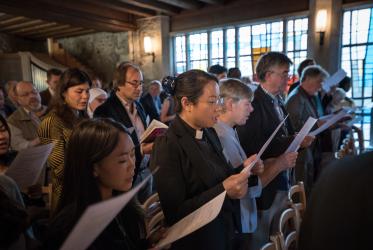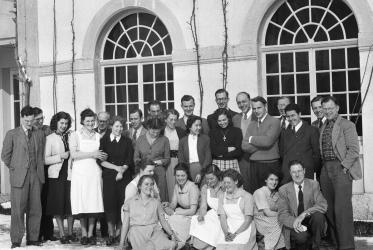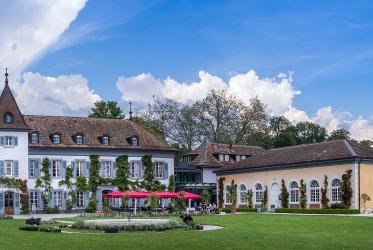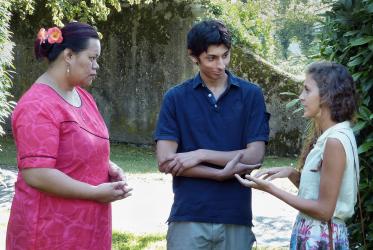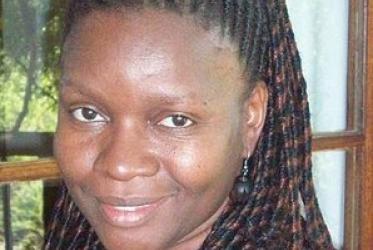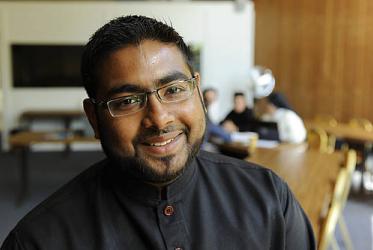Displaying 81 - 100 of 117
Nigerian breaks down stereotypes on Muslims
13 July 2017
Bossey students strengthen ecumenical ties in Rome
27 January 2017
WCC’s Bossey institute celebrates 70 years with array of events
23 September 2016
Bossey students on their way to future of ecumenism
10 February 2016
Bossey students combine academics with global relationships
21 October 2015
Understanding justice and peace as Christian pilgrims
15 January 2015
Paul Isaak appointed as director of elections in Namibia
23 September 2013
Youth build multi-faith community in Bossey
28 August 2013
Living with God in the context of HIV and AIDS
27 February 2013
Churches say “No more violence in the name of God”
05 March 2012


